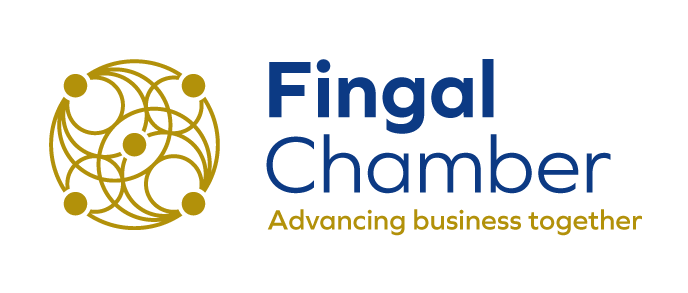Housing Shortages and Rising Costs Threaten Business Growth, Fingal Chamber Survey Warns

Fingal Chamber has published the results of its latest Business Sentiment Survey, offering timely insights into how companies across the region view current economic conditions, key operational challenges, and growth prospects.
Completed by over 200 businesses, including a strong representation of mid-to-large enterprises (with nearly half employing 30 or more staff), the survey reflects a cautiously optimistic business community that is eager to expand but hindered by persistent and growing obstacles.
Pressing Concerns for Fingal Businesses
The top concerns reported by businesses include the availability of affordable housing, economic uncertainty, and high operating costs. Other major barriers to competitiveness are skills and talent shortages, traffic congestion, and inadequate public transport infrastructure.
Commenting on the findings, Fingal Chamber Chief Executive, Anthony Cooney said:
“The survey results confirm what we consistently hear from our members: local businesses are eager to grow but are constrained by persistent challenges. These findings reflect both the resilience and the realism of Fingal’s business community. To secure a competitive and connected future, we need coordinated responses, particularly around housing, infrastructure, business costs, and skills development. Fingal Chamber is committed to working with stakeholders to address these priorities.”
Trade and Tax Concerns Add Pressure
Global issues also weigh on local confidence. A notable 92% of businesses expressed being somewhat to very worried about the potential impact of new US tariffs on EU goods, underlining the region’s sensitivity to international trade dynamics.
At a local level, proposed increases in commercial rates are raising concern among businesses. Over a quarter of respondents (28%) said such a change would be severe, either placing serious strain on operations, forcing them to consider downsizing, relocating, or even closing.
Housing: A Key Threat to Future Growth
The housing crisis is seen as a direct threat to sustainable economic growth in the region. A striking 93% of businesses believe that Fingal’s housing demands will not be met by 2030, raising concerns about employee retention, recruitment, and quality of life.
Support for Dublin Airport and Strategic Infrastructure
Reflecting the airport’s vital role in regional prosperity, 83% of businesses support lifting the passenger cap at Dublin Airport to enhance trade, tourism, and business connectivity.
Businesses also want government to:
- Accelerate housing supply
- Improve public transport and road infrastructure
- Reduce commercial rates and fixed operating costs
- Simplify planning and compliance
- Expand access to grants and business supports, particularly for small firms and businesses located outside central areas.
Strong Appetite for Growth and Upskilling
Despite the headwinds, nearly 60% of businesses plan to expand in the near future, a clear signal of resilience and ambition.
Over the past year, Fingal’s businesses had tangible signs of growth. 55% reported increased revenue, nearly 42% grew their staff and a similar percentage saw higher profits.
Looking ahead, businesses have cautious confidence. 60% expect revenue growth, 40% forecast staff expansion and over 50% anticipate profit increases this year.
There is also a rising interest in future-readiness. 74% of businesses want to learn more about artificial intelligence, while other top training priorities include digital skills, sales growth and performance, leadership development, customer and client engagement, and achieving business efficiencies.
Looking Ahead
Fingal’s business community is navigating complex challenges with measured optimism and a clear drive to grow. Fingal Chamber remains focused on ensuring the region is positioned for sustainable success, through better infrastructure, a stronger workforce, and an environment where businesses can thrive.
